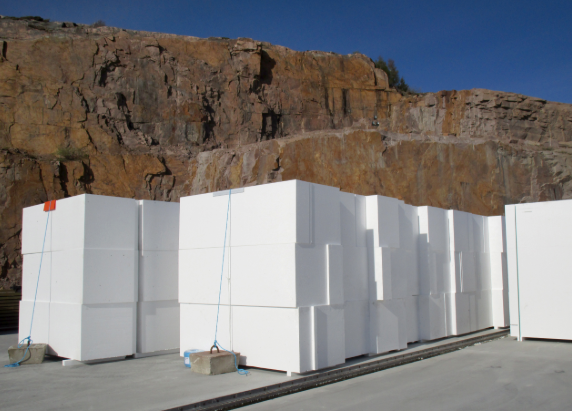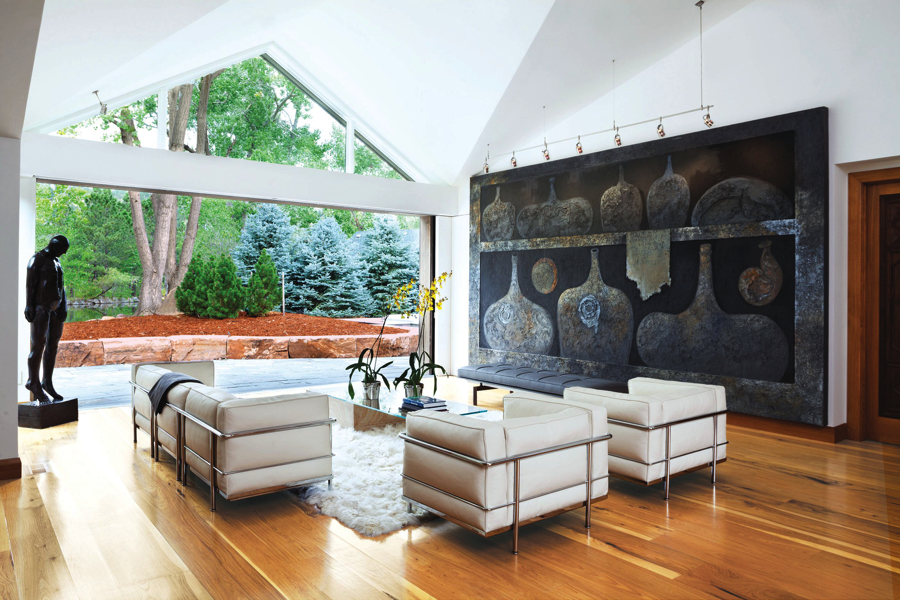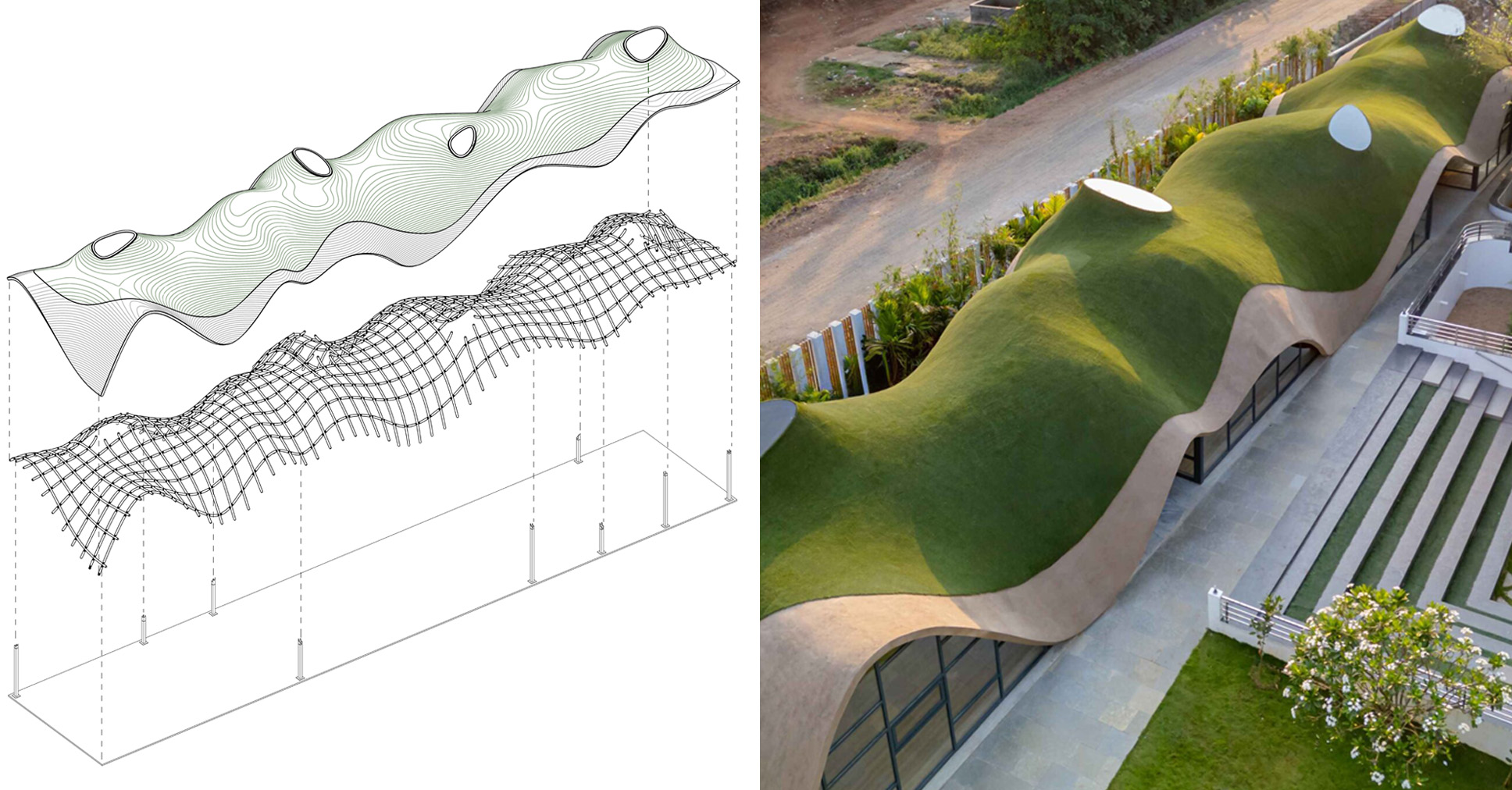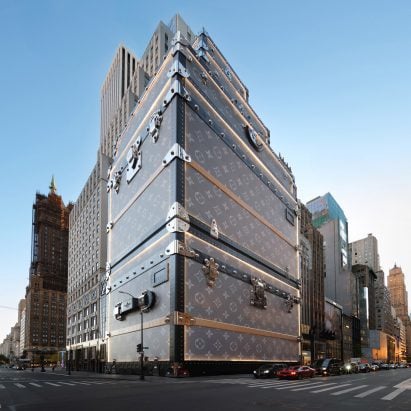Michael Candy creates robotic walking chairs that "amble" through space
Brooklyn artist Michael Candy has created a pair of robotic chairs with mechanical legs that can "amble" through space and avoid obstacles using a computer program. Called Chair 2, the project encompasses two, identical robotic chairs and builds upon the artist's previous mechanical chair, an upholstered armchair that scuttles forward on six wooden legs. "The The post Michael Candy creates robotic walking chairs that "amble" through space appeared first on Dezeen.
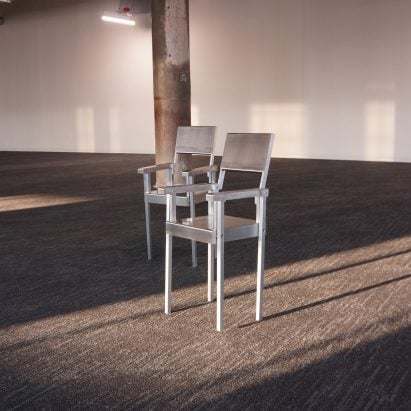
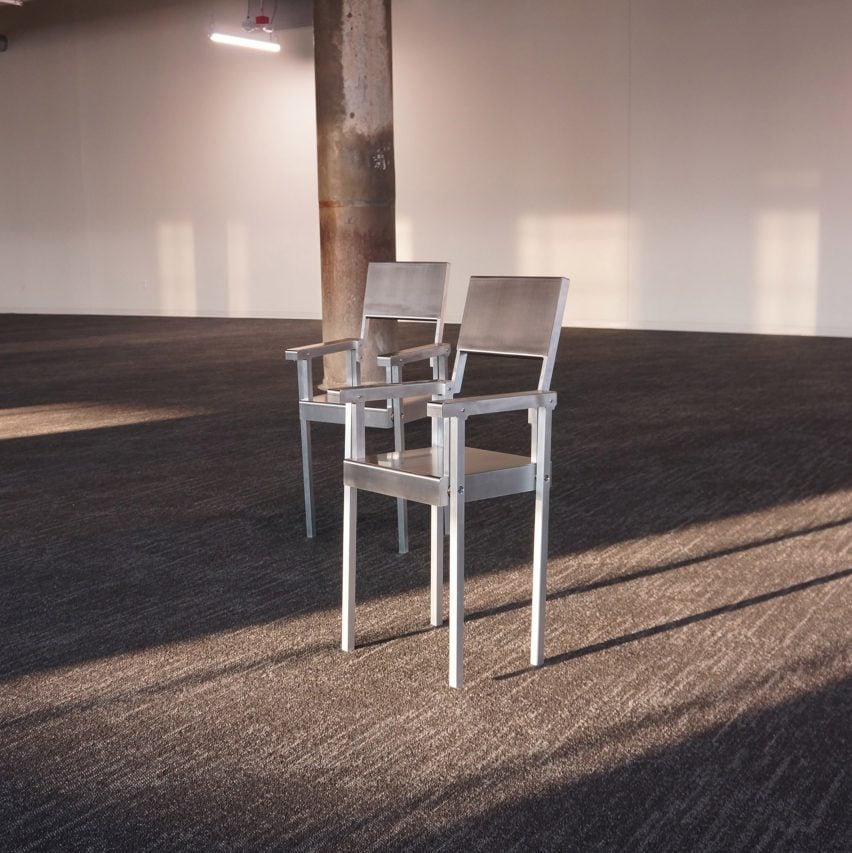
Brooklyn artist Michael Candy has created a pair of robotic chairs with mechanical legs that can "amble" through space and avoid obstacles using a computer program.
Called Chair 2, the project encompasses two, identical robotic chairs and builds upon the artist's previous mechanical chair, an upholstered armchair that scuttles forward on six wooden legs.
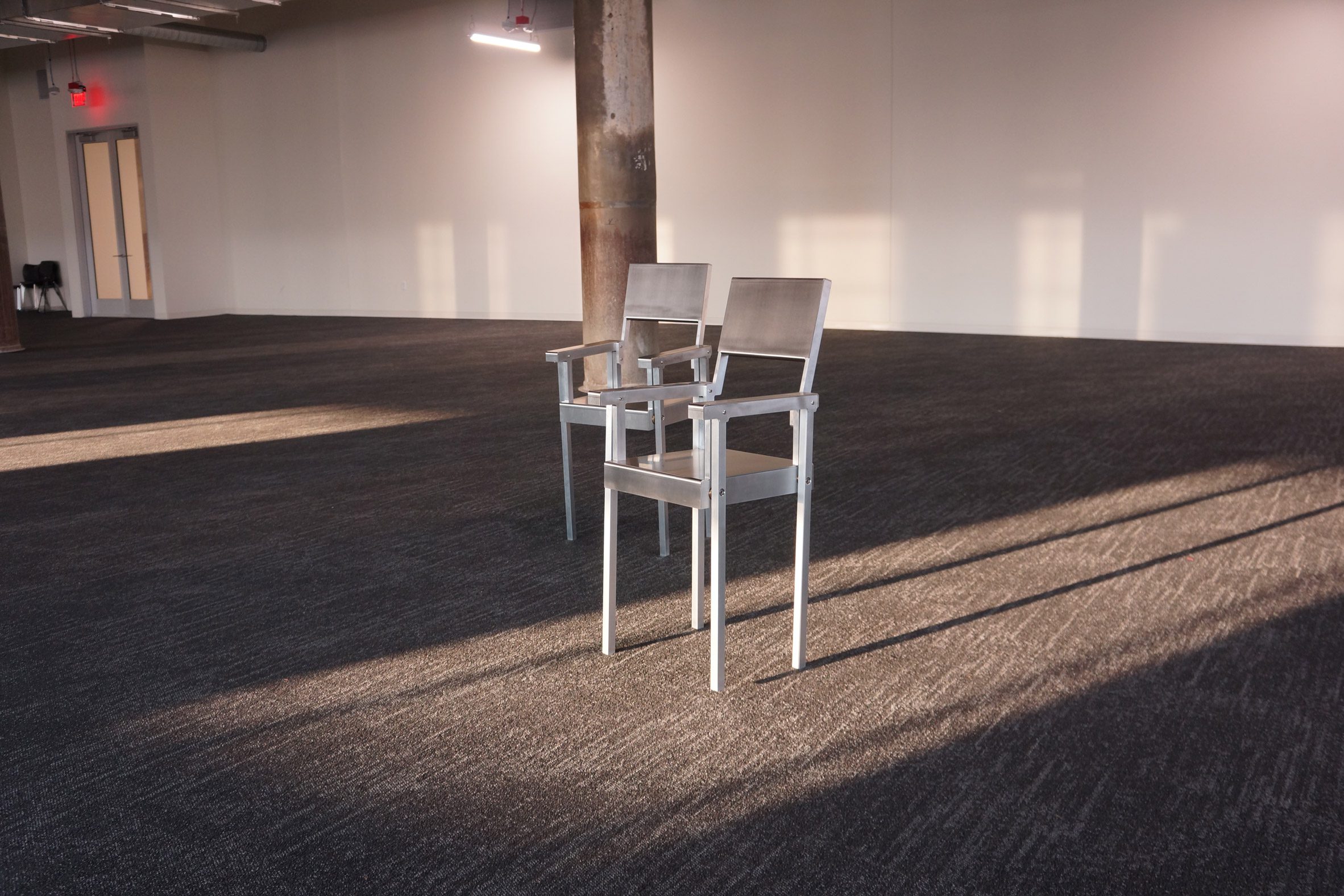
"The original sculpture was made on a limited budget with mostly found resources," Michael Candy told Dezeen. "Some 15 years later I took the challenge to see what a contemporary version of this early work might look like, given the resources, skills and experiences I've gained during this time."
"Chair 2 is an autonomous robotic chair sculpture. Using four mechanical legs the piece ambles through space, detecting and avoiding obstacles as it manoeuvres around."
The chairs are small in stature, with contemporary, uncomplicated lines in the slim seat, backrest and armrests. Their thin, mechanized legs protrude straight downwards, attached to the chair below the armrests and along the sides.
They move individually, each leg rhythmically "walking".
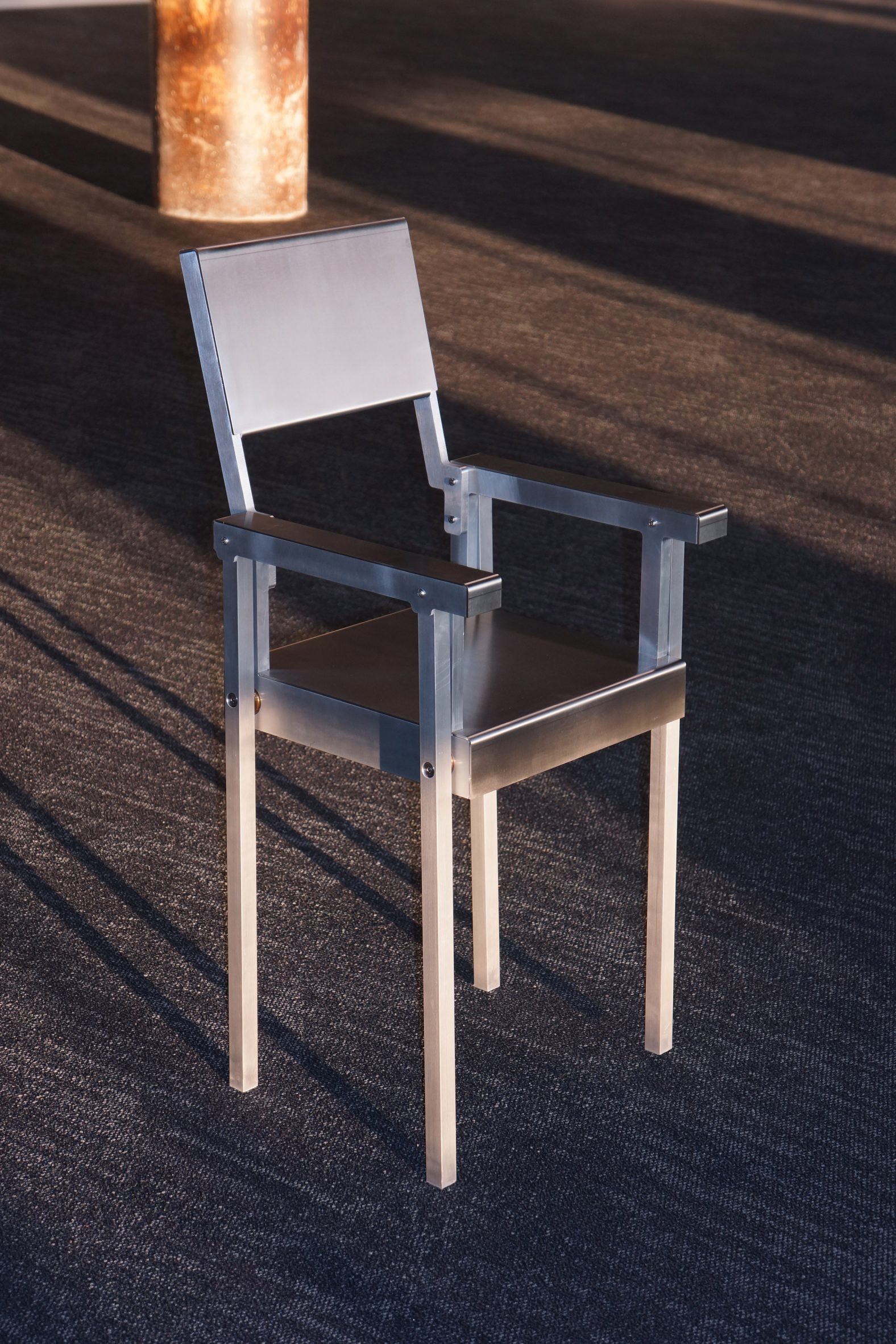
"Rather than sitting still, Chair 2 resists inertia and walks – an uncanny animation that blurs the porous boundary between the familiar and the strange, inviting a reimagining of the object's everyday identity."
Each chair is powered by a custom-built battery pack that is capable of running the system for up to six hours.
The battery, along with sensors, mechanical components and electronics are hidden within the seat and the armrests of the chairs.
Candy 3D-printed some components, while the chair's frame is made of CNC-machined aluminium and stainless steel parts, which were welded together.

Its walking mechanism is "relatively simple" according to Candy and is kept in sync by a timing belt, a notched rubber loop used in machinery.
It utilises Python script, which keeps the chairs running autonomously and also measures the distances of objects around them, allowing them to turn or reverse in the face of an obstacle.
Chair 2 is designed for an exhibition environment, although it is strong enough to support a human.
"Its heavy-duty frame is strong enough to support a person, although anyone sitting in it would only experience a subtle, in-place wobbling due to the unique balance needed for the four-legged walking mechanism," said Candy.
The piece was created during the artist's residence at The Michigan Central x Newlab Art + Technology Residency program.
Michael Candy is based in Dumbo and creates interactive installations and kinetic light sculptures that combine post-industrial design, robotics, and emergent technology.
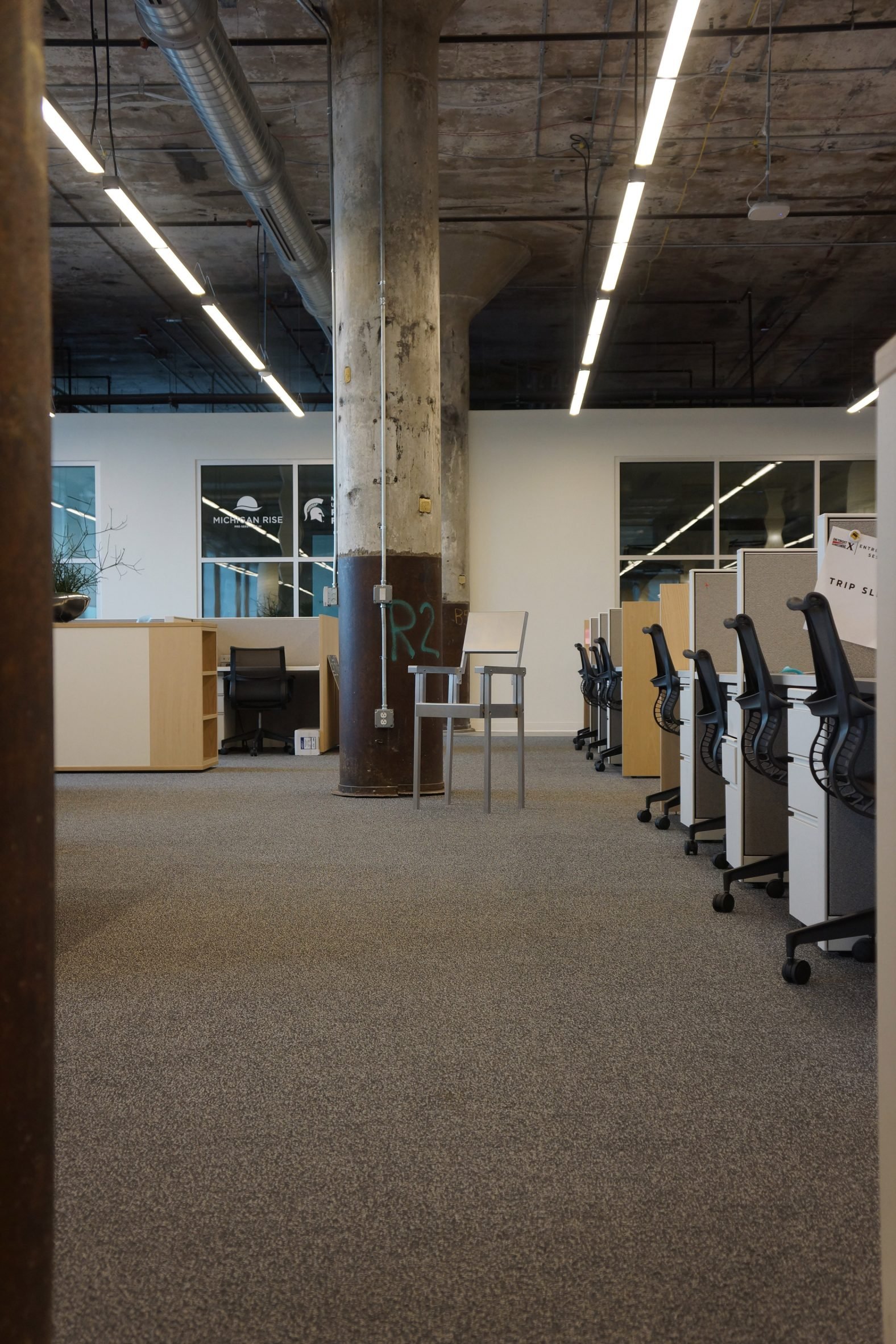
Previously, the artist created robotic flowers for bees to pollinate as a response to their declining population in the face of climate change.
Other recent robotic explorations include a "friendly" robot designed for domestic and commercial environments made by Fuseproject and Kind Humanoid and a skin-like texture that can be attached to a robot to make it smile.
The photography and video is courtesy of Michael Candy
The post Michael Candy creates robotic walking chairs that "amble" through space appeared first on Dezeen.
What's Your Reaction?






















